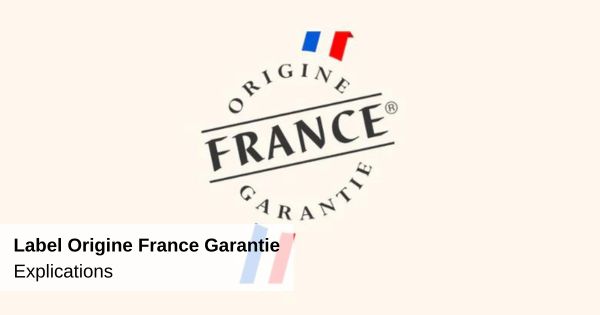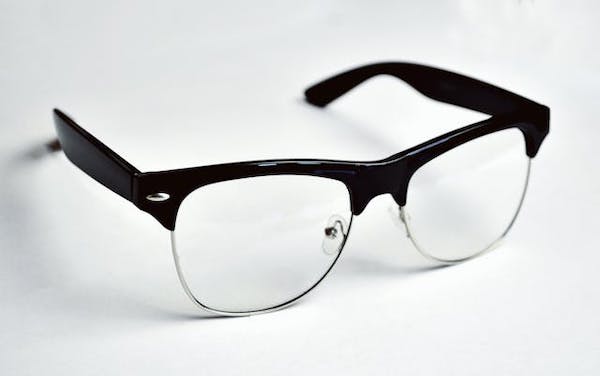“Origine France Guaranteed” label: explanations

In a context marked by the climate emergency, and while the preservation of national jobs remains a primary concern, a controversy is growing between “Made in France” and the “Origine” label France Guarantee". According to an ADEME survey, nearly three quarters of French people now express a preference for eco-responsible products in their consumption choices. In this context, it is imperative to deepen our reflection on the Origine France Garantie label, which could play a crucial role in this quest for sustainability. According to a study relayed by an article in Presse Optic, French consumers place more trust in the indication "Made in France" than in the label, although more demanding "Origine France Garantie". This finding raises questions about the perception and understanding of this label, as well as its real implications for consumers. We give you some explanations to decipher it.
Origine France Garantie: a lack of awareness
The Origine France Garantie label was created in 2010 and aims to certify the French origin of products in a context where traceability and transparency have become major issues for consumers. Unlike the simple "Made in France", this label involves a more rigorous certification process, guaranteeing not only that the product was manufactured in France, but also that the majority of its production costs were paid in the country.[= ]
However, despite its more demanding criteria, the Origine France Garantie label struggles to compete with the popularity of the simple “Made in France”. A lack of awareness which raises questions about communication and perception around the label.
A more in-depth analysis of the criteria and requirements of the label reveals a series of points to consider. The France Guaranteed Origin specifications require in particular that the products be manufactured in France using materials of French origin in a significant proportion. However, certain sectors, such as glasses and lenses, may encounter difficulties in meeting these criteria, due to dependence on the import of certain raw materials or specific components.
[= ]

In addition, the perception of the label can be affected by factors such as communication and consumers' understanding of its implications. The lack of clarity on the differences between "Made in France" and Origine France Garantie, as well as the complexity of the certification processes, may contribute to this distrust.
With this in mind, a Better consumer education on the meaning and real benefits of the Origine France Garantie label could help strengthen its credibility and legitimacy on the market. Increased transparency regarding certification criteria and more effective communication on the environmental and socio-economic benefits of this label could also encourage its adoption by consumers keen to support local and sustainable production.
What does this mean for eyewear manufacturing?
With regard to the manufacture of frames, the webzine Optic for Good has established, on the basis of the website originefrancegarantie.fr , a list of mandatory criteria for obtaining the Origine France Garantie label. Here they are:




